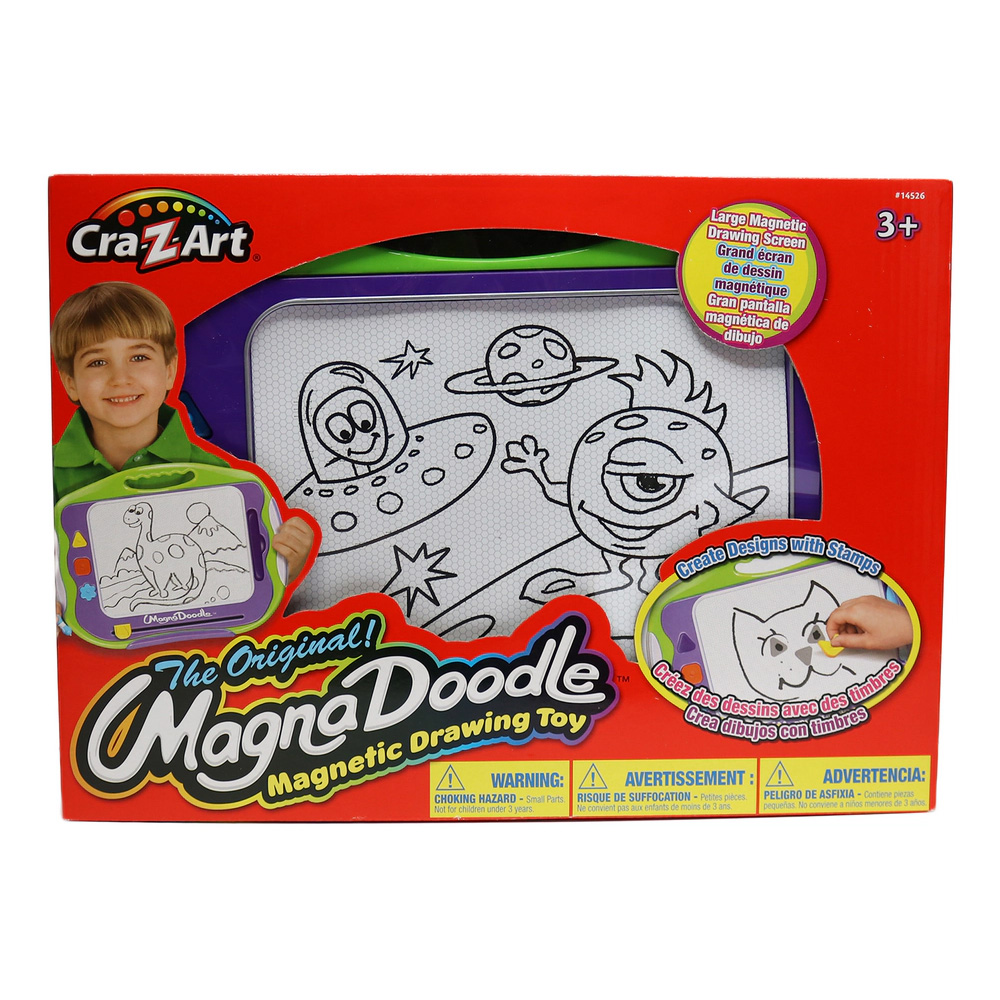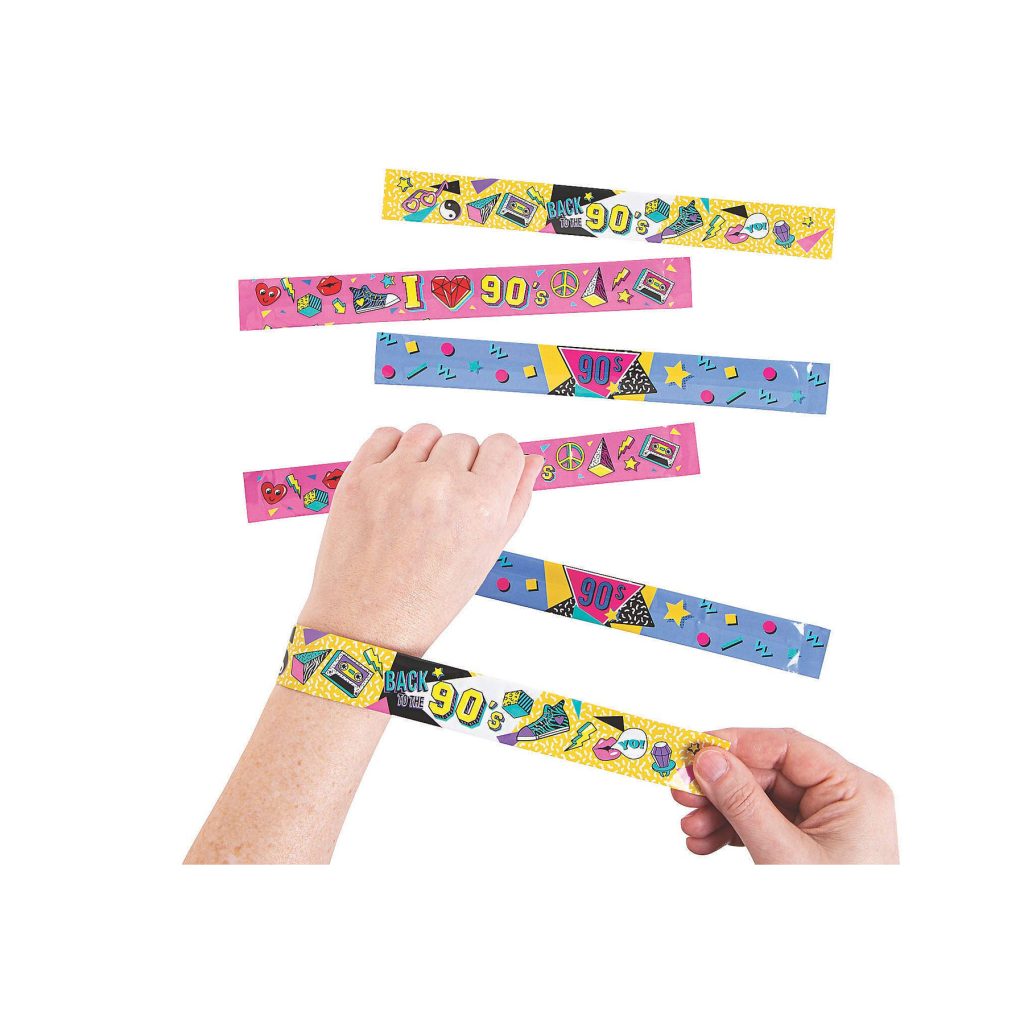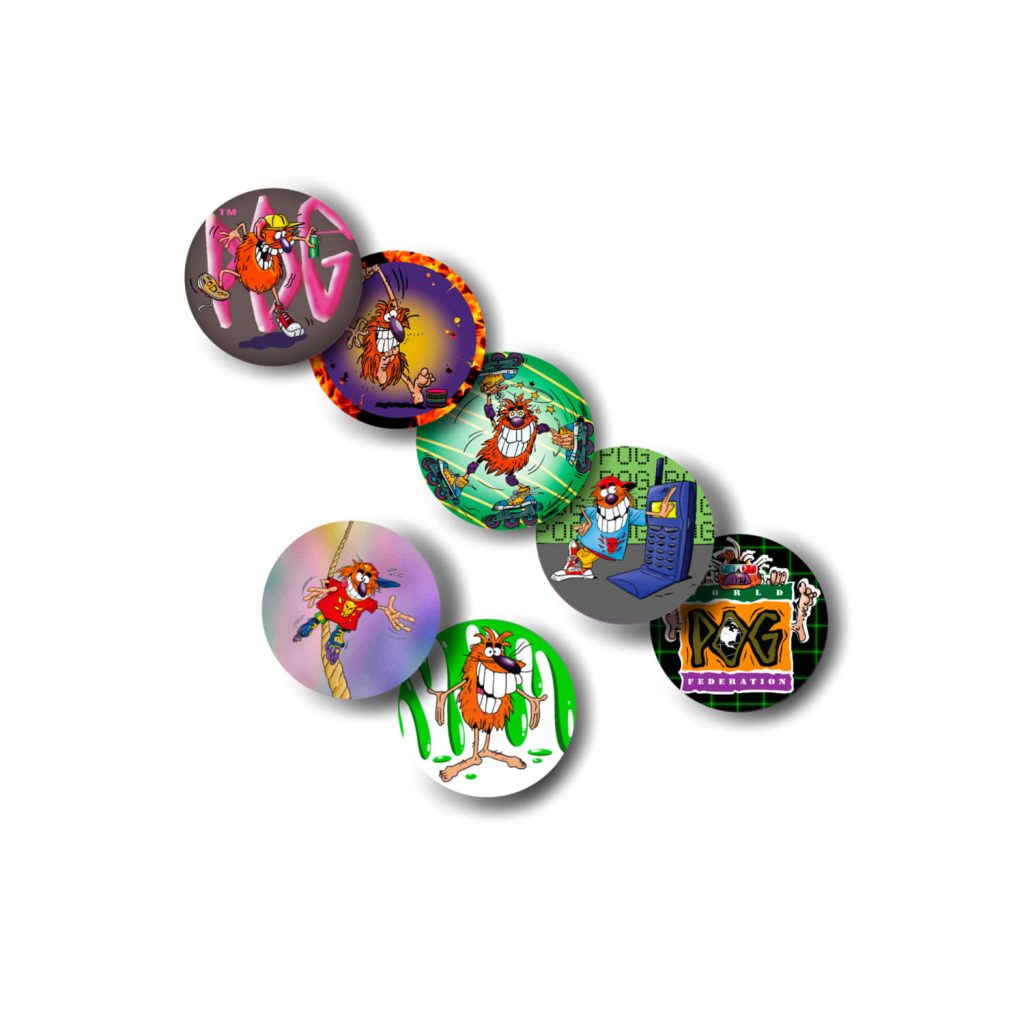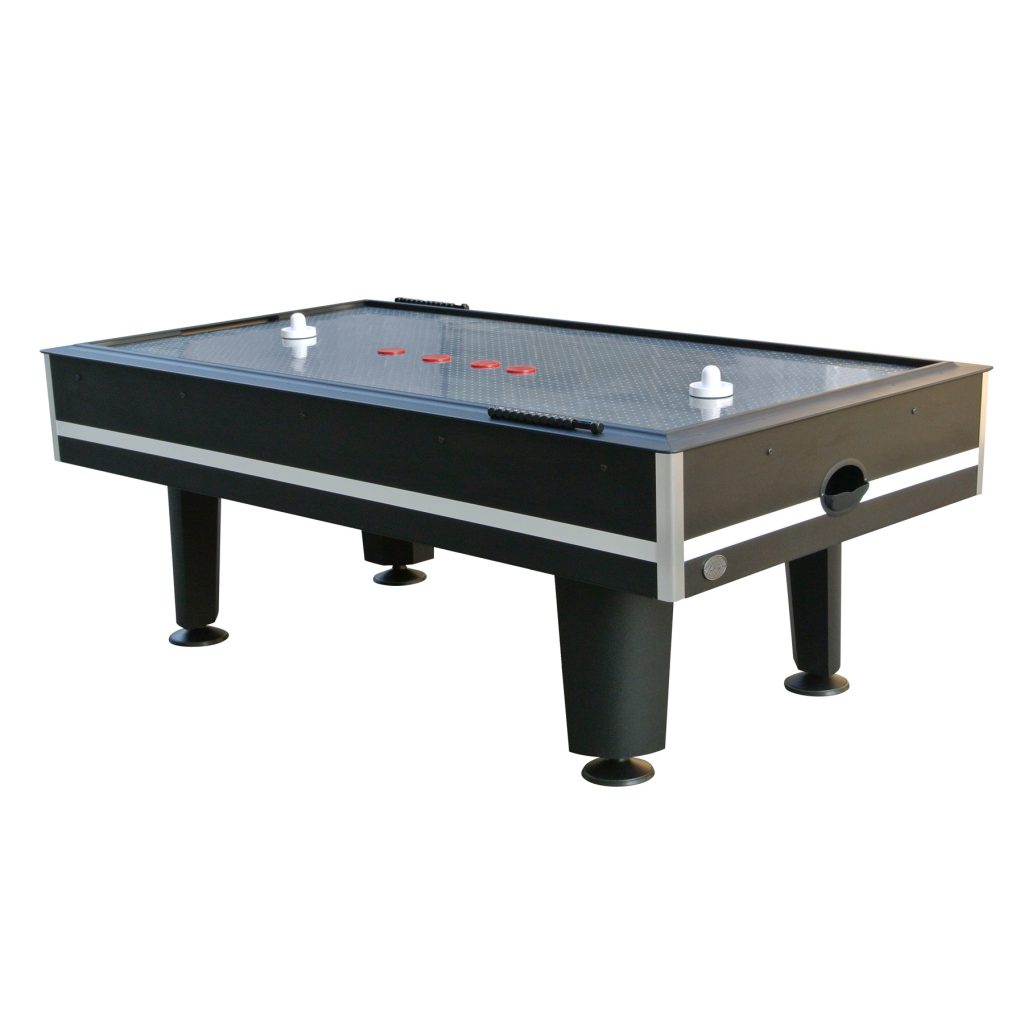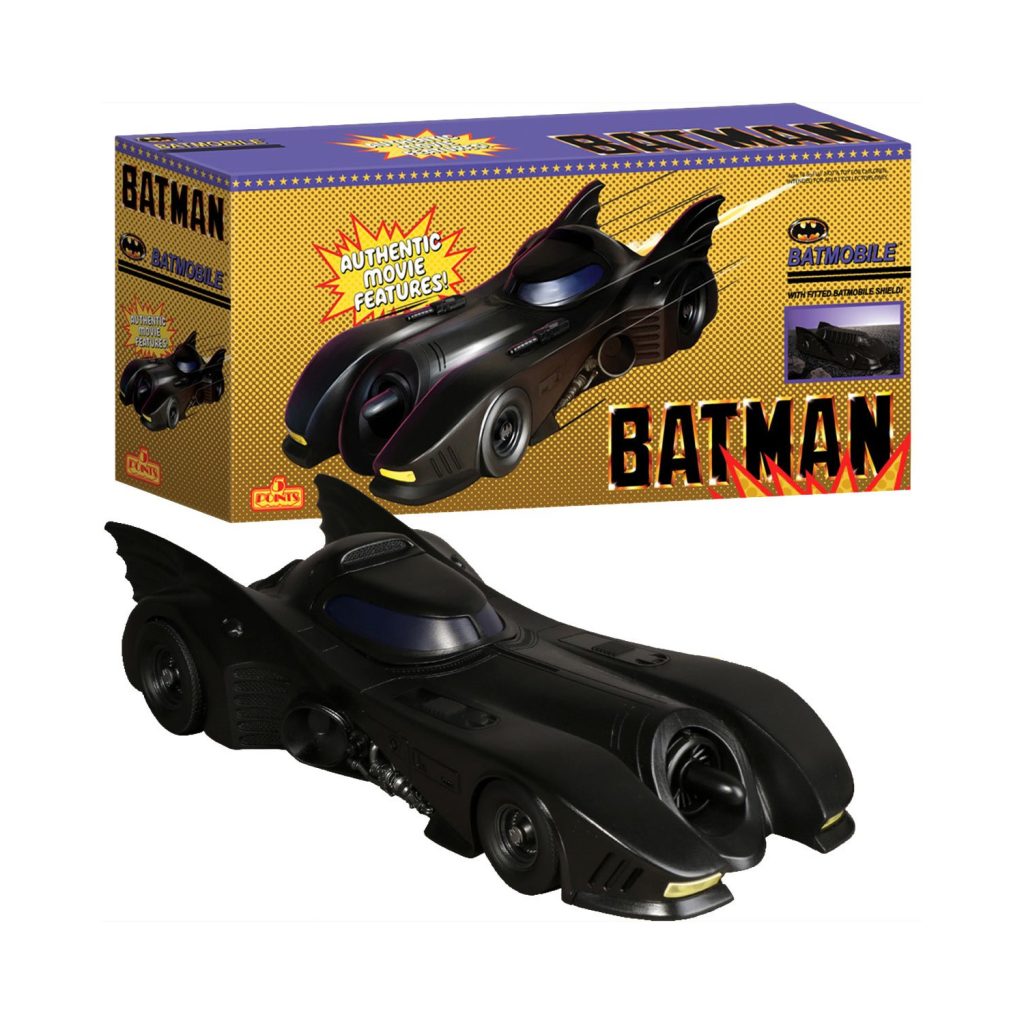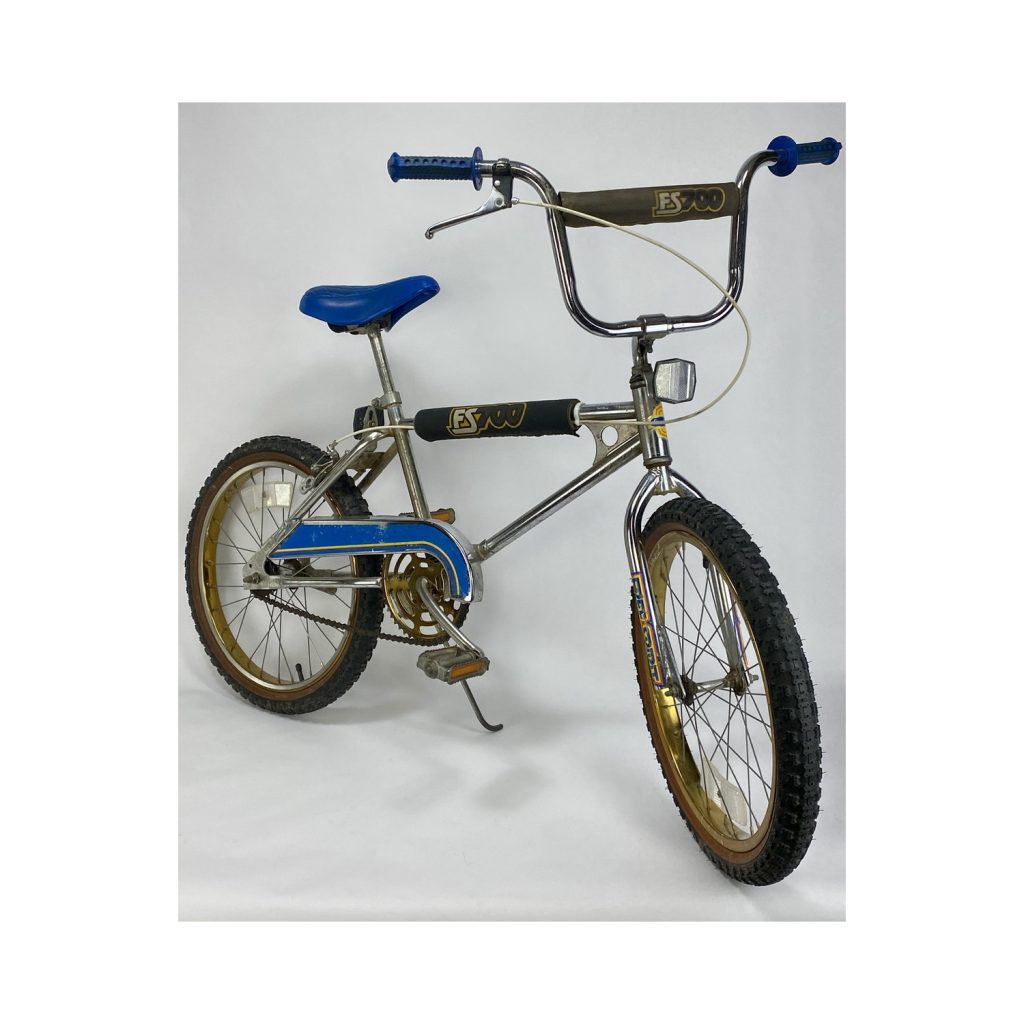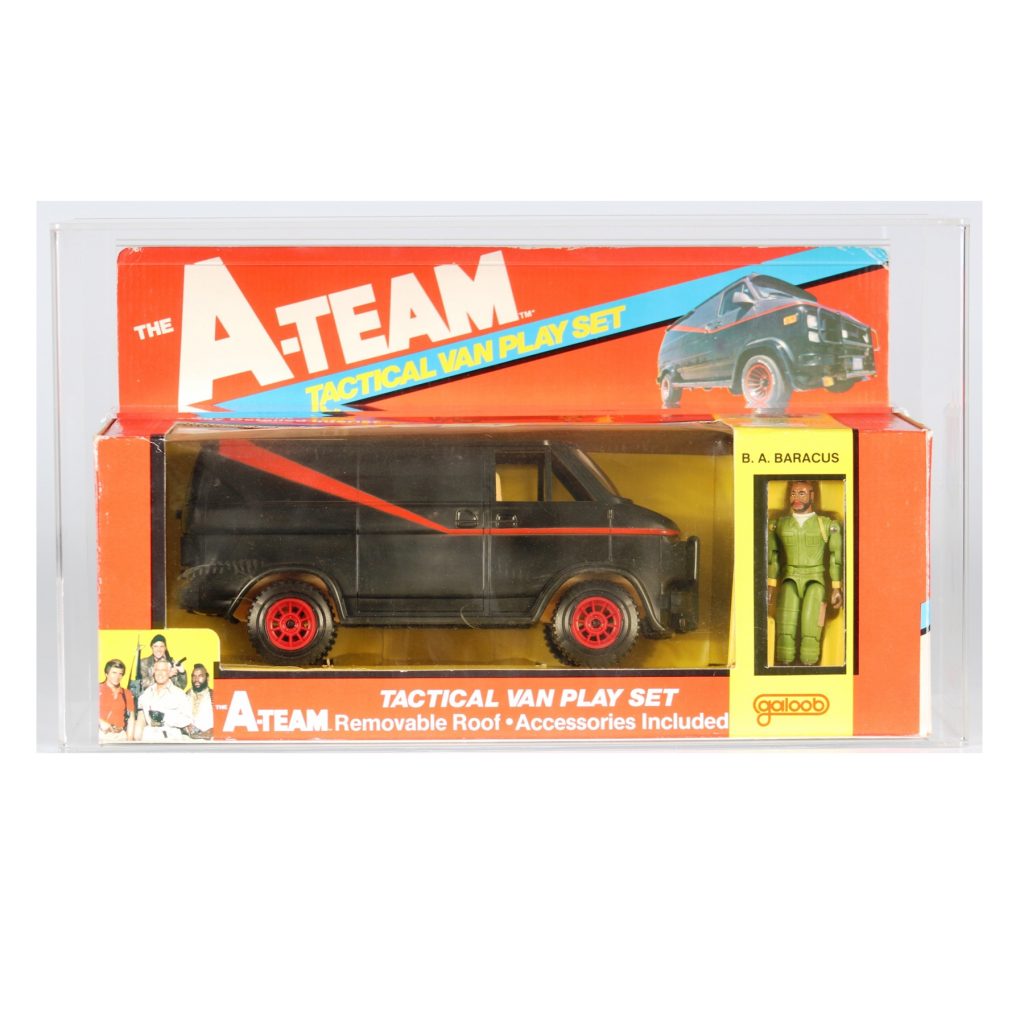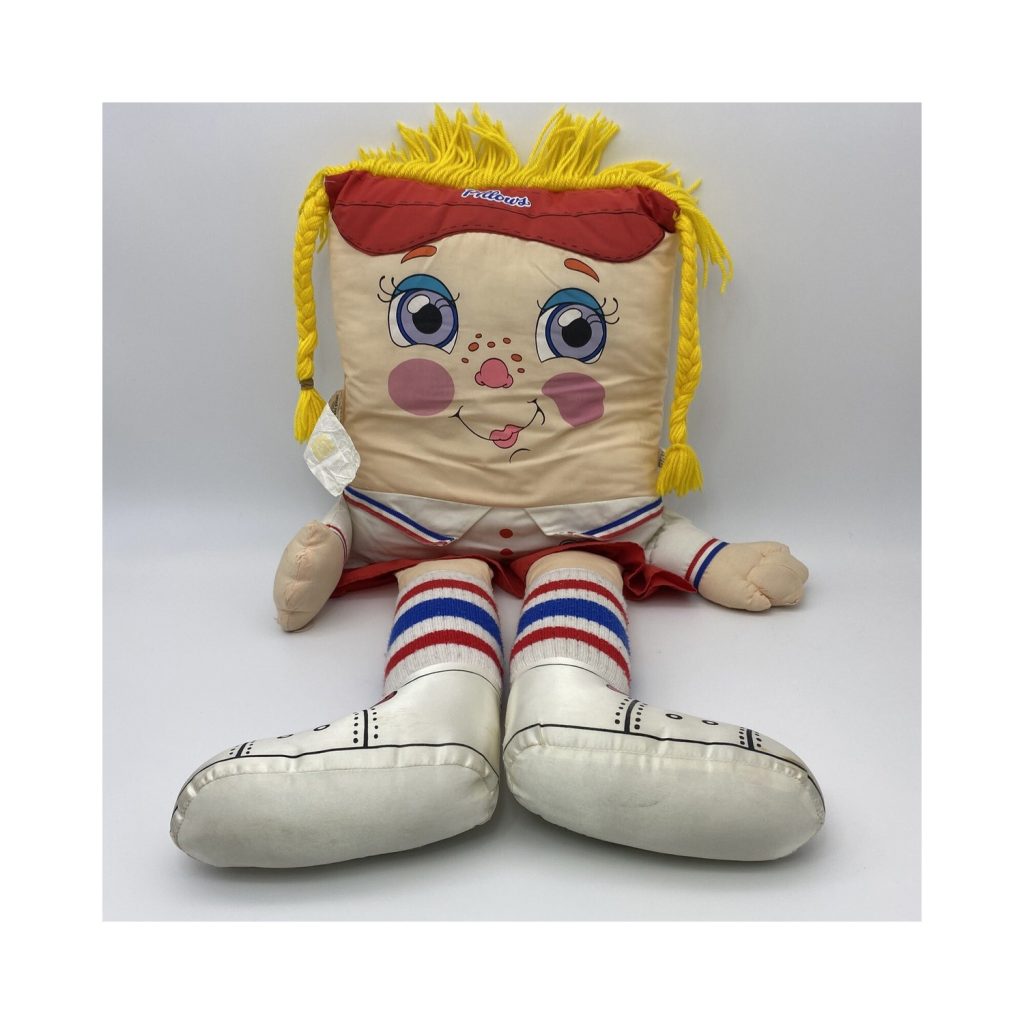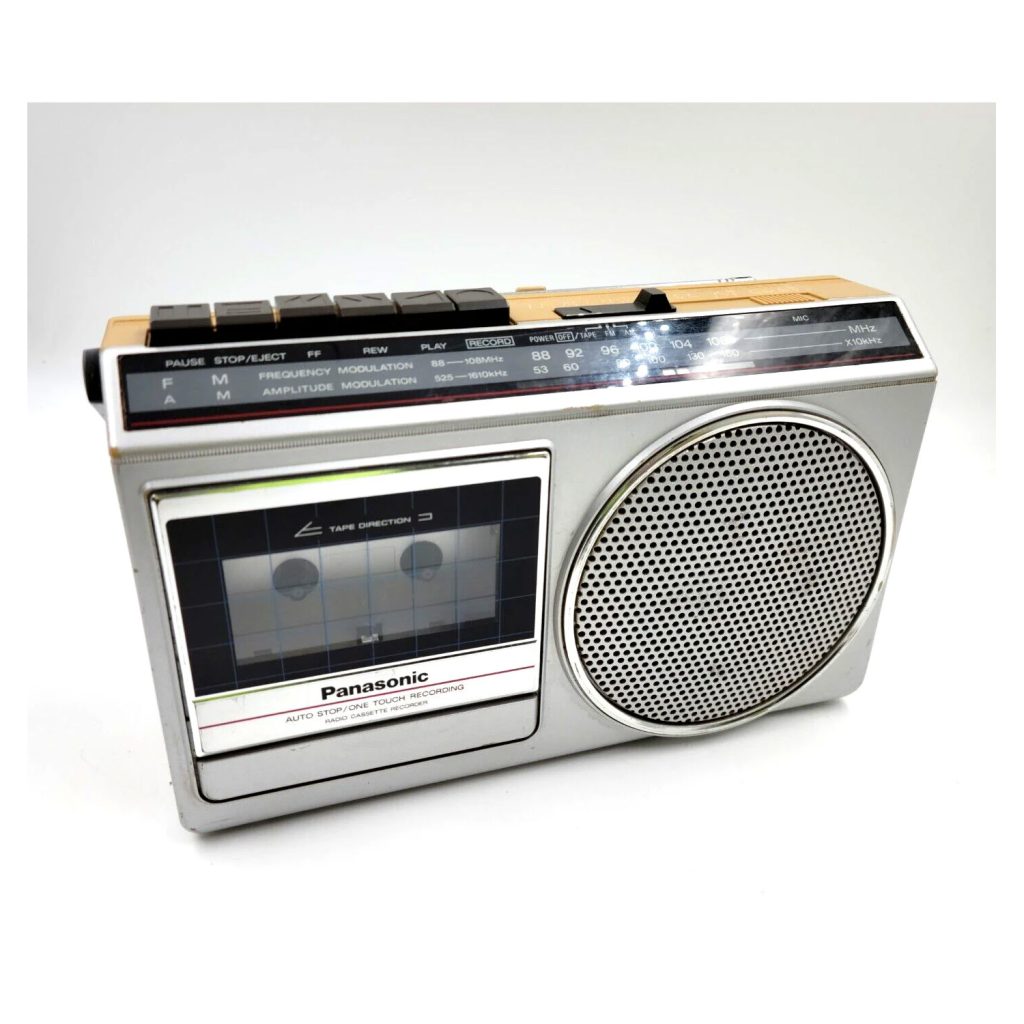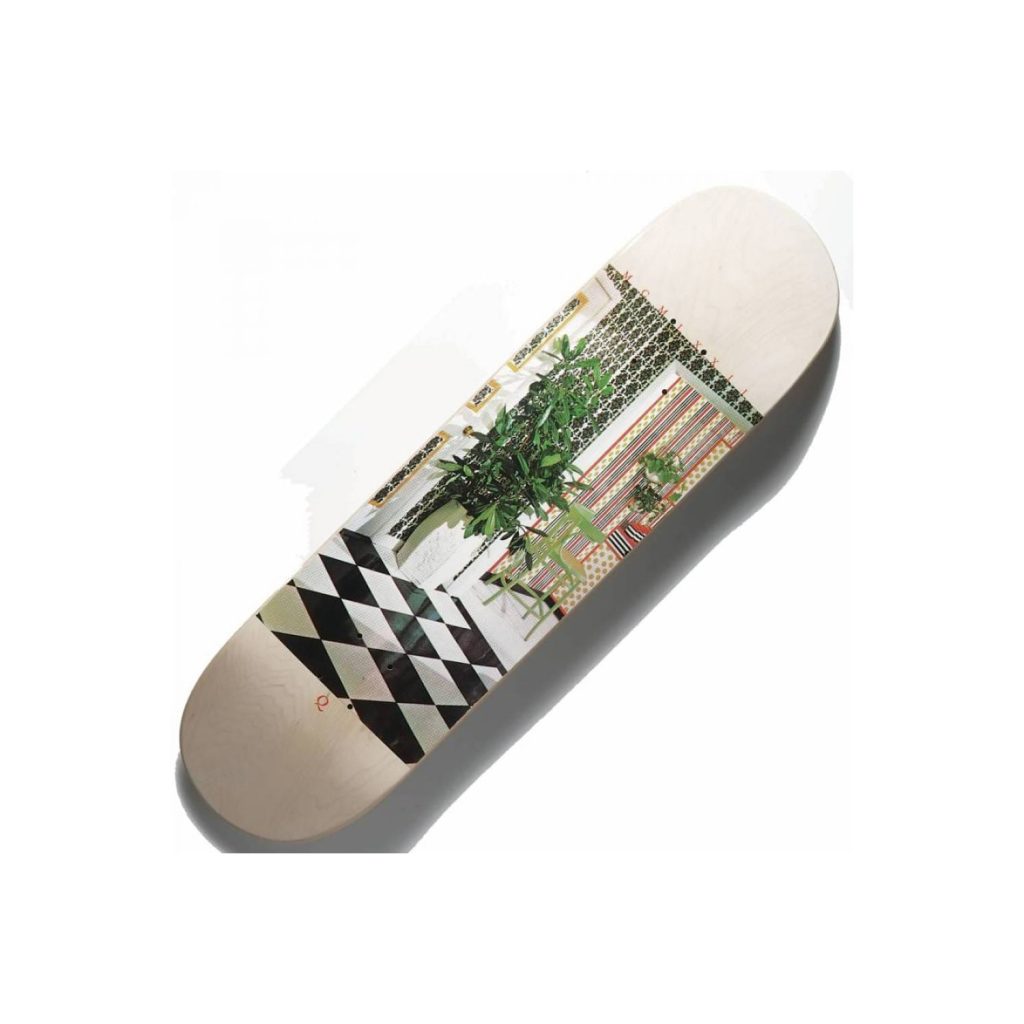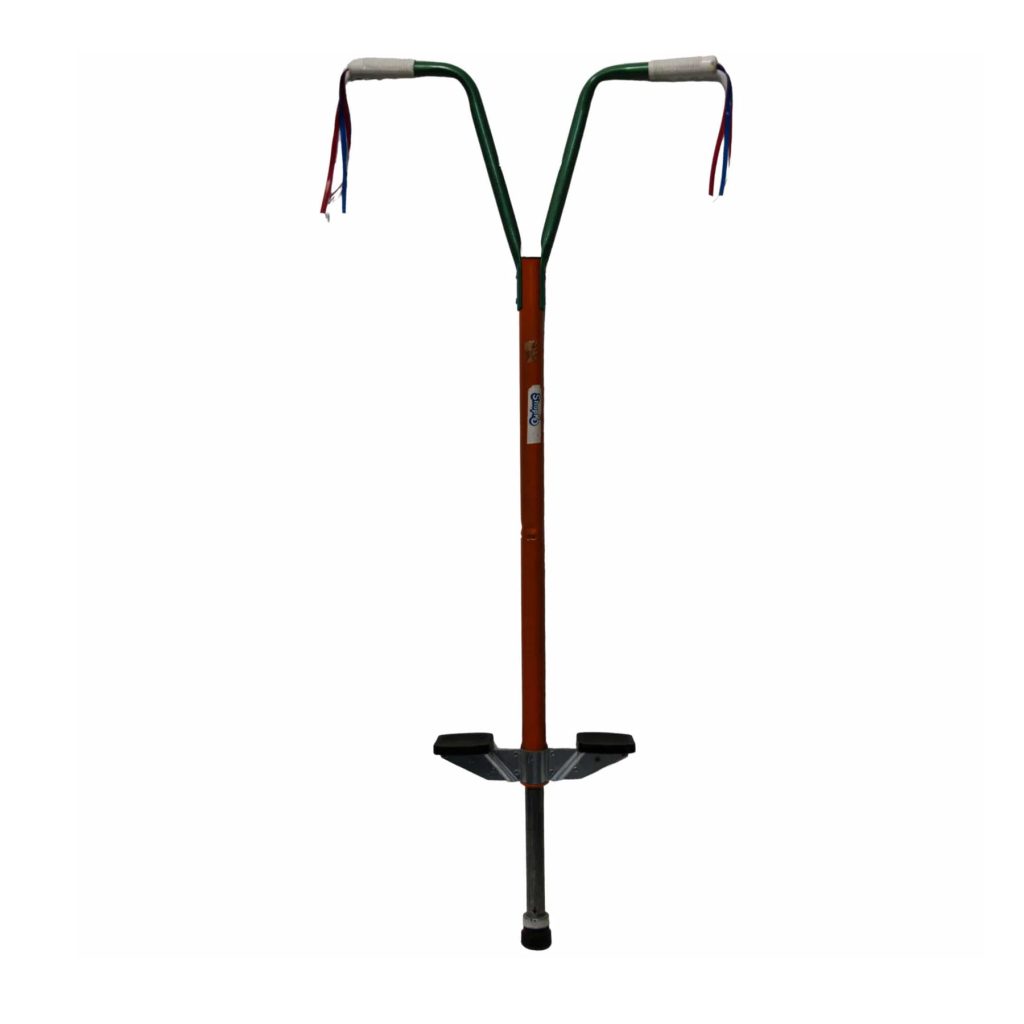
⏰ “Don’t leave it too late — some Christmas best-sellers sell out early each year.”
Classic Pogo Stick Top 10 Christmas Toys 1976
Classic Pogo Stick Top 10 Christmas Toys 1976
The Classic Pogo Stick 1976 was the ultimate outdoor toy for kids who loved a challenge. It combined energy, balance, and daring into one spring-loaded stick that could send you bouncing up and down the driveway for hours. Long before screens kept children inside, the pogo stick gave youngsters an adrenaline rush and a sense of achievement with every hop.
1976: A Year in Context
In Britain, 1976 was remembered for its sweltering summer, punk rock hitting the charts, and kids spending as much time as possible outdoors. Against this backdrop, toys like the pogo stick thrived. Parents encouraged anything that got children into the fresh air, and the pogo stick became a symbol of fun, freedom, and determination.
How the Pogo Stick Worked
The design was simple yet ingenious. A strong metal frame, two footrests, rubber handles, and a massive spring in the centre. Kids would climb on, grip tightly, and start bouncing. At first it was wobbly and tricky, but once mastered, children could hop around gardens, pavements, and playgrounds like pros. Some even challenged friends to contests: who could jump the longest, highest, or most stylishly?
Christmas Morning Fun
On Christmas Day 1976, many back gardens echoed with squeals of laughter and the rhythmic “boing” of pogo sticks. While some children toppled over after a few bounces, others took to it naturally and showed off their skills to siblings and neighbours. It was noisy, energetic, and unforgettable — exactly the sort of gift that became the centrepiece of holiday memories.
Playground Craze
By spring 1977, pogo sticks had spread across schoolyards. They weren’t just toys; they became mini sporting equipment. Kids swapped stories about daring tricks, scraped knees, and broken records of consecutive jumps. Some even saw pogo sticks featured in TV shows and adverts, adding to their cool factor.
Price Then and Now
In 1976, a pogo stick cost around £12.99, which would be about £95 today with inflation. Classic models can now be found online for collectors or for parents wanting to relive their youth, usually ranging between £30–£60 depending on condition. Modern versions, sturdier and built for safety, can be found in toy shops for around £25–£40.
Why Kids Loved It
- Exciting physical challenge that tested balance and coordination.
- Perfect for outdoor play in gardens, parks, or streets.
- A toy that encouraged persistence and skill-building.
- Fun to show off tricks and compete with friends.
Nostalgia and Legacy
The Classic Pogo Stick 1976 has never really disappeared. It remains a nostalgic staple, often revived in playgrounds and even in extreme sports communities. Many parents still remember the scrapes and bruises fondly, considering them a rite of passage. Modern pogo sticks have evolved into advanced designs for stunt riding, but the classic 70s version remains iconic.
Conclusion
For those who grew up in the 1970s, the pogo stick was more than a toy — it was a challenge, a fitness tool, and a source of endless laughter. It turned Christmas mornings into active adventures and became part of the soundtrack of childhood in an era before video games. Take a look at more gems like this in our Top 10 Christmas Toys 1976 archive, or browse our collection of toys every kid wants today to see how playtime has changed over the years.
Some links on our site are affiliate links. If you buy through them, we may earn a small commission — at no extra cost to you. 🎄
⏰ “Don’t leave it too late — some Christmas best-sellers sell out early each year.”
Available From:


